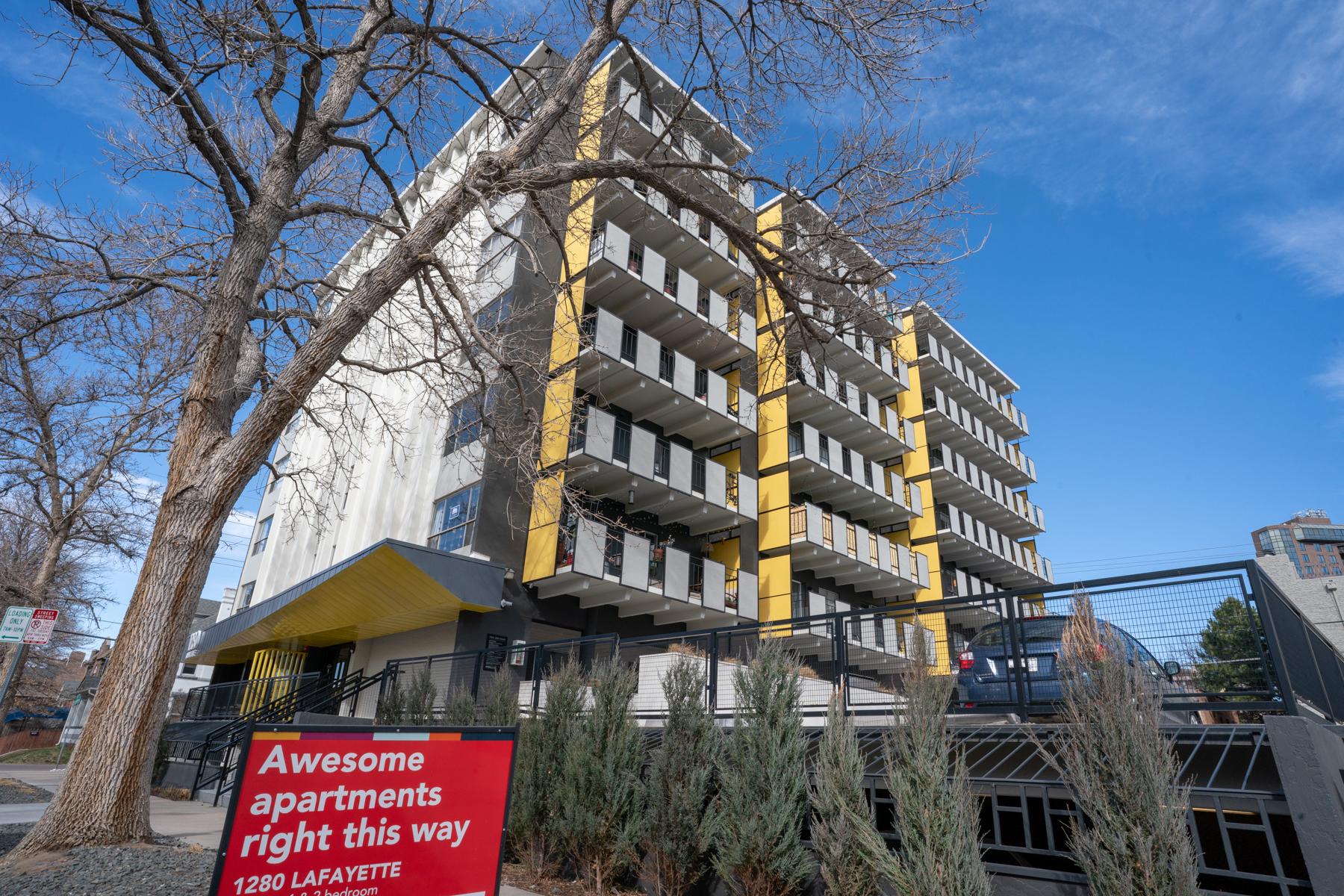
A law proposed by Colorado Democrats would make it harder for landlords to evict renters in some situations, including when the lease has expired.
Under the “for cause” eviction proposal, tenants could continue to rent a property as long as they’re paying on time and staying in compliance with other rules in their lease. Landlords would no longer have the power to cancel month-to-month leases at their discretion.
Landlords “should have a reason if they're going to not renew that tenant. Renters deserve a sense of stability,” said state Rep. Javier Mabrey, one of the Democratic lawmakers sponsoring the bill, which was officially introduced Wednesday afternoon.
In short, landlords could not forcibly move out one tenant simply because they want to move in a different renter.
“We believe that the least we could ask is that we afford this small modicum of stability to renters,” said Mabrey, who also works as an attorney for renters facing eviction.
A relatively rare type of eviction that can still have a big impact
Mabrey said that some landlords abuse their power, choosing to deny a lease extension because they have racial or other biases against their tenants.
Landlords would still be allowed to stop renting out a property altogether — for example, if they want to redevelop the property, or move into it themselves. They also would be allowed to raise rent and impose new rules once the lease has expired. And there would be exemptions for landlords who rent out part of a property where they live, such as a duplex.
The proposal has drawn criticism from a group representing landlords, with a spokesman arguing that it would make leases indefinite, taking away the best option for dealing with problem tenants.
Other co-sponsors include Democratic state Sens. Julie Gonzales and Nick Hinrichsen, as well as House Majority Leader Monica Duran.

The bill is aimed at a relatively rare type of eviction. Evictions for refusing to move out after a lease expires make up less than 10 percent of all evictions, Mabrey said.
But losing an apartment can come with thousands of dollars of moving costs, disruptions to school and work, and other costs, he said. And the bill also could empower people to stay who would otherwise be pushed out without an eviction proceeding.
The bill has the support of some key Democrats, including McCluskie and Duran, who introduced the measure at a crowded press conference on Wednesday afternoon.
“Housing! Justice! Housing! Justice!” the assembled crowd shouted as McCluskie prepared to speak.
McCluskie’s backing shows that it’s gaining steam with top Democrats. She voted against a similar proposal last session.
A scaled-back change
The new proposal is similar to a “just cause” eviction bill that failed last year. But this year’s bill, labeled as “for cause,” doesn’t go as far, Mabrey said. Generally, it gives landlords more leeway to change the rules for rent, potentially pricing tenants out.
Last year’s proposal would have forced landlords to extend “substantially similar” leases with only “reasonable” increases in rent, as long as the renter was in good standing.
But this year’s version allows landlords free rein to change rental conditions once the lease has expired, Mabrey said. And the only limit on rent is that landlords can’t impose a “retaliatory” increase. Mabrey said that would only apply to the most egregious cases.
Another change: Last year’s proposal would have required landlords to pay to help tenants move in some cases. But in this year’s version, relocation assistance is only required if a landlord actually breaks the law.

Those changes aren’t likely to win over landlords, though, according to Drew Hamrick, senior vice president for the Apartment Association of Metro Denver. He compared the end of a lease to a divorce, saying that neither should require a specific cause to move on.
“If somebody says the marriage is irrevocably broken and they don't want to deal with each other anymore, that's the end of the marriage,” he said. “And when you've got a partnership between a resident and a rental housing provider and it just doesn't work, they've got to have that flexibility.”
He added that the law already says landlords can’t refuse to renew a lease for racial, retaliatory and numerous other reasons. But Mabrey argues that it can be difficult and expensive to prove violations of those laws.
The bill will be introduced in the House. Last year’s version cleared the House but ran out of time in the Senate.
A spokesperson for Gov. Jared Polis didn’t say whether he would support the measure. Polis’ focus is on “increasing overall [housing] supply and creating more housing choices,” wrote Shelby Wieman. “The Governor looks forward to analyzing this bill and continuing conversations with the sponsors of this legislation.”









